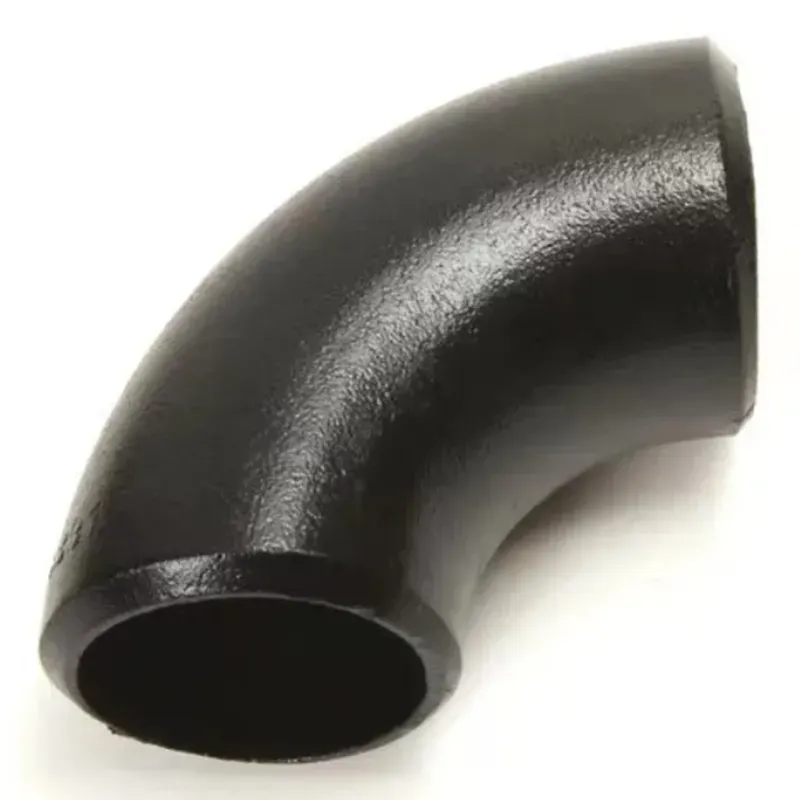-
Cangzhou Yulong Steel Co., Ltd.
-
Phone:
+86 13303177267 -
Email:
admin@ylsteelfittings.com
- English
- Arabic
- Italian
- Spanish
- Portuguese
- German
- kazakh
- Persian
- Greek
- French
- Russian
- Polish
- Thai
- Indonesian
- Vietnamese
- Zulu
- Korean
- Uzbek
- Hindi
- Serbian
- Malay
- Ukrainian
- Gujarati
- Haitian Creole
- hausa
- hawaiian
- Hebrew
- Miao
- Hungarian
- Icelandic
- igbo
- irish
- Japanese
- Javanese
- Kannada
- Khmer
- Rwandese
- Afrikaans
- Albanian
- Amharic
- Armenian
- Azerbaijani
- Basque
- Belarusian
- Bengali
- Bosnian
- Bulgarian
- Catalan
- Cebuano
- China
- China (Taiwan)
- Corsican
- Croatian
- Czech
- Danish
- Esperanto
- Estonian
- Finnish
- Frisian
- Galician
- Georgian
- Kurdish
- Kyrgyz
- Lao
- Latin
- Latvian
- Lithuanian
- Luxembourgish
- Macedonian
- Malgashi
- Malayalam
- Maltese
- Maori
- Marathi
- Mongolian
- Myanmar
- Nepali
- Norwegian
- Norwegian
- Occitan
- Pashto
- Dutch
- Punjabi
- Romanian
- Samoan
- Scottish Gaelic
- Sesotho
- Shona
- Sindhi
- Sinhala
- Slovak
- Slovenian
- Somali
- Sundanese
- Swahili
- Swedish
- Tagalog
- Tajik
- Tamil
- Tatar
- Telugu
- Turkish
- Turkmen
- Urdu
- Uighur
- Welsh
- Bantu
- Yiddish
- Yoruba

Dec . 22, 2024 12:27 Back to list
metal sewer pipe
Understanding Metal Sewer Pipes An In-Depth Overview
Sewer systems are crucial for maintaining public health and environmental safety, and the materials used in these systems significantly influence their performance and longevity. Among the various materials employed in sewer pipe construction, metal pipes—particularly those made of stainless steel, cast iron, and galvanized steel—are noteworthy for their durability, strength, and resistance to corrosion.
The Advantages of Metal Sewer Pipes
1. Durability and Longevity Metal sewer pipes are renowned for their resilience. Stainless steel, for instance, boasts exceptional strength and can withstand high-pressure environments. This durability makes them an ideal choice for both residential and industrial applications where the potential for heavy loads exists.
2. Corrosion Resistance Corrosion is one of the primary challenges faced by sewer pipes, often leading to leaks and structural failures. Stainless steel pipes, in particular, have inherent corrosion resistance thanks to their chromium content, which forms a protective layer. This protection extends the lifespan of the pipes, minimizing the need for frequent replacements.
3. High-Temperature Tolerance Metal pipes can handle higher temperatures compared to more commonly used materials like PVC or concrete. This characteristic is particularly valuable in situations where hot wastewater is prevalent, ensuring that the pipes remain intact under various operating conditions.
4. Recyclability In an era where sustainability is paramount, metal sewer pipes stand out due to their recyclability. At the end of their life cycle, metal pipes can be melted down and reused in new constructions, reducing environmental impact and promoting a circular economy.
Common Types of Metal Sewer Pipes
1. Stainless Steel Pipes These pipes are popular in both residential and commercial sewer systems due to their high resistance to corrosion and ability to withstand extreme weather conditions. They are often used in areas with aggressive environmental factors, ensuring dependable performance over time.
metal sewer pipe

2. Cast Iron Pipes Known for their strength and longevity, cast iron pipes have been a staple in sewer construction for decades. They provide excellent sound insulation, minimizing noise from wastewater flow. However, cast iron is prone to rust over time, necessitating protective coatings or liners to enhance durability.
3. Galvanized Steel Pipes Coated with a layer of zinc to prevent rust, galvanized steel pipes are often used for various plumbing applications. While they are robust and reasonably priced, they can degrade over time if the zinc coating wears off, making them less suitable for long-term sewer applications.
Challenges and Considerations
While metal sewer pipes offer numerous benefits, they also come with certain challenges. The initial cost of installation can be higher than plastic alternatives, such as PVC. Additionally, the weight of metal pipes may complicate transportation and installation processes.
Furthermore, the presence of corrosive substances in wastewater can accelerate the degradation of metal pipes if not adequately accounted for during the planning and design phases. It's crucial to conduct thorough assessments of the wastewater compositions to determine the most suitable pipe material.
Innovations in Metal Pipe Technology
Advancements in technology are continually improving metal pipe performance. Innovations such as trenchless technology for installation reduce the environmental impact and disturbance during installation. Additionally, new coatings and treatments are being developed to enhance the corrosion resistance of metal pipes, further extending their useful life in sewer applications.
Conclusion
Metal sewer pipes play a vital role in the infrastructure that supports modern society. Their durability, resistance to high temperatures, and recyclability make them an attractive option for both new installations and renovations of aging sewer systems. Despite some challenges, advancements in technology and materials continue to overcome these issues, ensuring that metal pipes remain an integral part of effective sewer management strategies. As cities grow and the demand for robust sewage systems increases, understanding the strengths and limitations of metal sewer pipes will be essential for engineers, planners, and environmental advocates alike.
Latest news
-
ANSI 150P SS304 SO FLANGE
NewsFeb.14,2025
-
ASTM A333GR6 STEEL PIPE
NewsJan.20,2025
-
ANSI B16.5 WELDING NECK FLANGE
NewsJan.15,2026
-
ANSI B16.5 SLIP-ON FLANGE
NewsApr.19,2024
-
SABS 1123 FLANGE
NewsJan.15,2025
-
DIN86044 PLATE FLANGE
NewsApr.19,2024
-
DIN2527 BLIND FLANGE
NewsApr.12,2024
-
JIS B2311 Butt-Welding Fittings LR/SR 45°/90° /180°Seamless/Weld
NewsApr.23,2024











